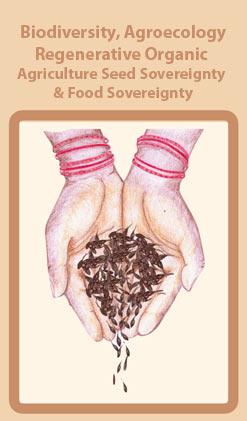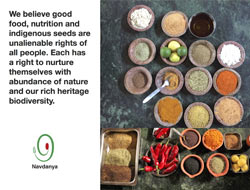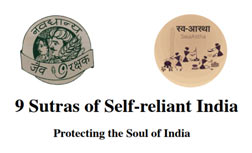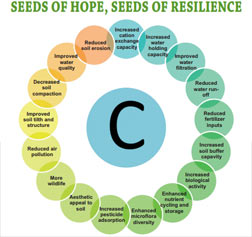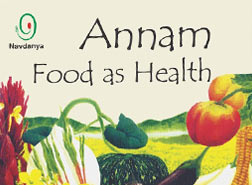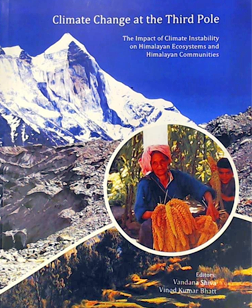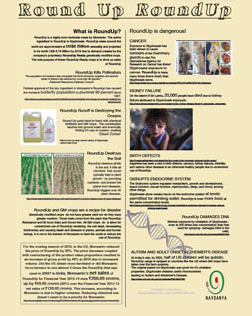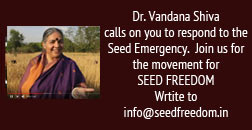Mahatma Gandhi’s spinning wheel and Gandhi’s ghani (the indigenous cold press oil mill) are both symbols of swadeshi as economic freedom and economic democracy.
Gandhi inspired everyone in India to start spinning their own cloth in order to break free from the imperial control over the textile industry, which enslaved our farmers to grow cotton and indigo for the mills of Lancashire and Manchester, and dumped industrial clothing on India, destroying the livelihoods of our spinners and weavers. The spinning wheel and khadi became our symbols of freedom.
Gandhi promoted the ghani to create employment for the farmer and processor and to produce healthy, safe and nutritious edible oils for society. What the spinning wheel is to “kapda”, the economy of clothing and textiles, the “ghani” is to “roti”, the economy of food.
Fresh, local and artisanally processed food without chemical additives and industrial processing is recognised as the healthiest alternative. That is why until the 1990s, food processing was reserved for the small-scale and cottage industry sector. The World Trade Organisation rules changed our food and agriculture systems dramatically.
Read More


